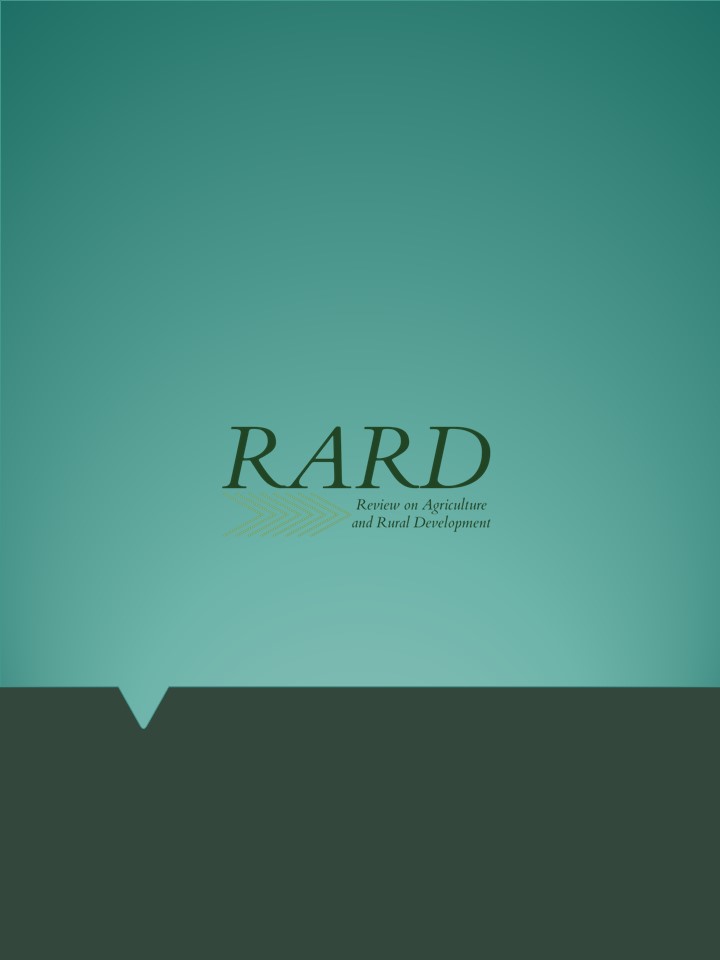Economic impact of soybeen-free feeding on laying hens
Main Article Content
Abstract
It is important to try to find alternative ways of feeding, to try to replace the feedstuff coming from overseas. This way, farmers can save money, and animal breeders can support their plant grower colleagues by buying domestic products. With this, we can also help the environment by not importing large amount of grains, and reducing the ecological footprint. It was examined how soybean and soybean-free feeding affected the laying hens, in terms of productivity, death loss, dirty eggs rate and broken/waste egg rate. Our main goal was to examine the economic impact, of the above-mentioned ways of feeding. The investigation has been done in two separate farms, with the same technology used in the barns, and the same Lohmann Brown Classic laying hens, with a similar stock density. The research proved that soybean-free feeding has much better economic outcome, than the regular feeding with the use of soybeans. The imported soybeans (from America) were replaced by domestically purchased sunflower meal. With the use of sunflower, the farms’ economic status got better, and the logistics were easier to handle. Millions of forints were saved, just by the feeding method. On top of this, the ecological footprint had been decreased, as the material of the feedstuff were bought domestically, and long transportation was not required. Added values, such as the statement of “GMO-free product” were created thanks to this soybean-free feeding method.
